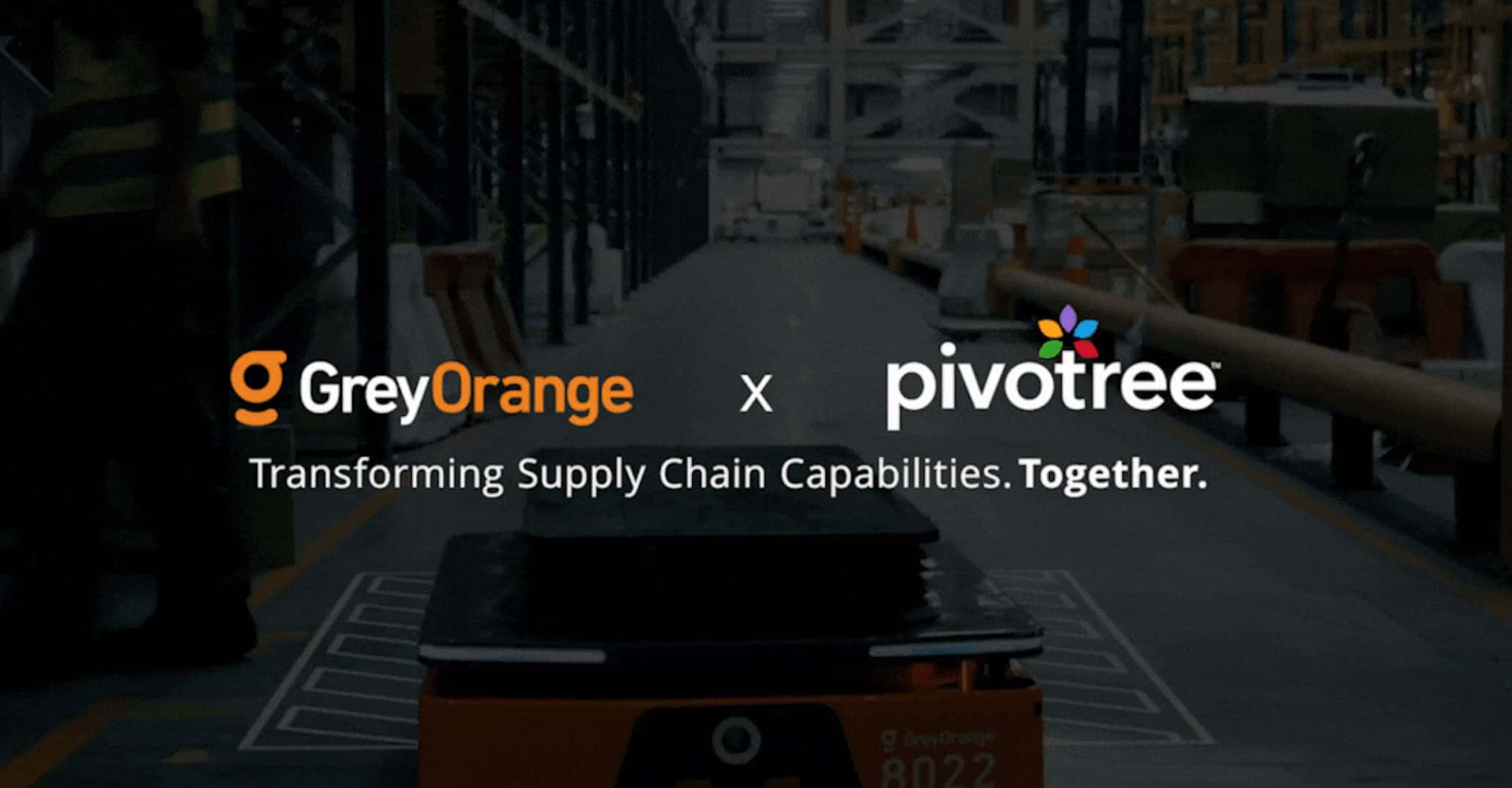Supply chain in the pre-pandemic era was driven by predictability, and it is this predictability that allowed stakeholders to drive cost savings. Being able to accurately predict orders meant that businesses could smartly do away with the liability of having excessive inventory lying around. Technologies such as enterprise resource planning (ERP) were expensive, but they did a great job of managing “routine” aspects of the supply chain and demand planning with all outside factors remaining constant. This status quo, however, was not one that would stand the test of time.
Not so long ago, a series of supply chain disruptions were set in motion, culminating as a perfect storm of unpredictability – the pandemic, the Suez Canal disaster, global conflict, an ever-looming recession, rising inflation, and so on. Thus arose the need for supply chain solutions that are flexible and cost efficient. Legacy monolithic software solutions, high IT infrastructure spend, needlessly complex networks, lack of flexibility and visibility of the end-to-end supply chain – these are all liabilities that modern day businesses cannot and should not have to deal with. But the problem created was not just a technology problem. It was also one that created a need for an ecosystem approach that could only thrive with strategic value partnerships (SVP) and cross-industry expertise. An integrated network of collaborative technology partnerships that can scale to meet the constant change of supply and demand, and react to a disrupted global environment that no longer allows for predictability.
Why Businesses Need Supply Chain Flexibility
Customers don’t see the reasons behind the disruption, they see unfulfilled deliveries and broken promises. While businesses can’t do much to change the underlying causes that lead to supply chain disruptions, introducing flexibility in the supply chain can go a long way enabling them to:
- Scale with ease: Flexible technology allows supply chain professionals to scale up or down depending on business needs. It enables them to exercise event-based strategies to pivot locations and production at speed and scale. This plays a key role in keeping up with fluctuations in the market.
- Enable cost-efficacy: Flexible solutions enable adaptable supply chains that can evolve with the ebb and flow of your business requirements. This leads to a drastic cut in wastage of resources that would otherwise not be possible due to the inability to make instantaneous changes.
- Reduce liability: As already established, supply chains are highly susceptible to a number of inherent risks such as disruptive events and damages while in transport . Flexible supply chains enable businesses to react to disruptions swiftly and reduce liability while also maximizing profit and mitigating supply chain risks.
Enter the Composable Commerce Revolution
Modern and agile commerce solutions continue to evolve the supply chain ecosystem from the inside-out. Resilience means being better able to adapt to constant demand, which means complete composability with order management systems (OMS) and warehouse management systems (WMS) and across the entire end-to-end supply chain. These solutions need to be flexible, pluggable, replaceable and scalable, enabling businesses to mitigate disruption and stay ahead of the competition.
Composable supply chain solutions offer:
- Unlimited customization opportunities
- Easy integration with other corresponding systems
- Omnichannel control and excellence
- Scope for rapid experimentation for easier adaptation
- Agility and flexibility
Pivotree WMS: SaaSy, Modern and Modular. Transforming the Supply Chain and Future Ready Fulfillment, one Platform at a time
Pivotree Warehouse Management System (WMS) is a one-stop-solution for inventory operations that addresses some of the most pertinent fulfillment-related challenges. The platform frees organizations riddled by IT systems and their limitations, and allows them to focus on core business priorities. The platform offers end-to-end coverage of fulfillment-related functional areas, the flexibility to personalize based on business needs, and scalability to accommodate rapid organization and demand growth.
The modern WMS SaaS is built on MACH architecture, making it a Microservices based, API first, Cloud-Native, and Headless solution. The fast and responsive system enables demand-based scaling of resources, disaster recovery for business continuity, integrated warehouse and facilities management, and fast and easy upgrading.
Pivotree WMS offers flexibility to model complex operations, easy integration with 3rd party applications and implementation accelerators for faster ROI. From the user experience point of view, the platform has a device-agnostic interface, and has an intuitive UI that works great for both, desktop and handheld devices. More importantly, Pivotree enables businesses to leverage the ecosystem at the fullest with support for localization at facility and user levels.
Businesses can leverage Pivotree WMS insights and analytics for real-time insights on efficiency and operation metrics, monitoring of business processes and transactions, and AI-powered automation for intelligence alerting and resolving exceptions.
Visit the Pivotree WMS webpage for more information.
But Technology Alone Won’t Cut It…Hence Partnership Driven Ecosystems
Companies that use ecosystems to develop new products and services are estimated to generate around US$100 trillion in value by the year 2028 (Accenture). That being said, participation in the ecosystem by itself doesn’t drive results. A mutually functioning ecosystem consists of cross-industry stakeholders that develop consumer and customer solutions. And this is where strategic value partnerships (SVPs) are integral drivers of growth and competitive advantage.
As discussed, the monolithic approach is outdated in commerce, and this doesn’t change much in the supply chain ecosystem as well. Just as composable technology plays a vital role in keeping the supply chain agile, SVPs play an equally integral role in keeping organizations lean and adaptable. Dedicating IT infrastructure, or for that matter, manpower to solving supply chain problems that are not in your wheelhouse is not very different from buying monolithic technology with features you don’t understand or need. Hence the need to “share the load”.
The great advantage of the ecosystem approach is no single stakeholder owns or operates every moving part of a solution. This ensures that the value created by the ecosystem is way greater than the combined value that individual players could create. The ecosystem allows partners to scale assets up or down as required, share data, collaborate externally or internally, accelerate decision-making – the list goes on.
It all comes down to choosing, a) the right partner, and b) the right platform. The desired result is centralized visibility with real-time data-driven data access and connectivity across all platforms and microservices. Anything from demand planning and resource allocation to the status of global shipments, delivery date prediction and more. The end goal is to reduce cost and streamline operations, for better performance, consumer outcomes and profitability. The only way to build resilience and responsiveness into your e2e modern supply chain.
We continue to add to our portfolio of partnerships and build out a connected ecosystem of microservices and industry leading innovation. View the latest announcement on our exciting new Partnership with GreyOrange announced today.
Pivotree is the strategic value partner you need. As an SVP, we understand the nuances of managing fulfillment operations whether it’s for retail, omnichannel or B2B fulfillment. Our team has years of experience developing and supporting organizations in this domain and can help you streamline your business and remove the complexity of navigating a modern supply chain, fast and with zero friction.
Dive deeper into our full line-up of solutions, microservices, connected ecosystem and schedule a demo today!
Author: Doug Brochu, SVP, Supply Chain Alliances


